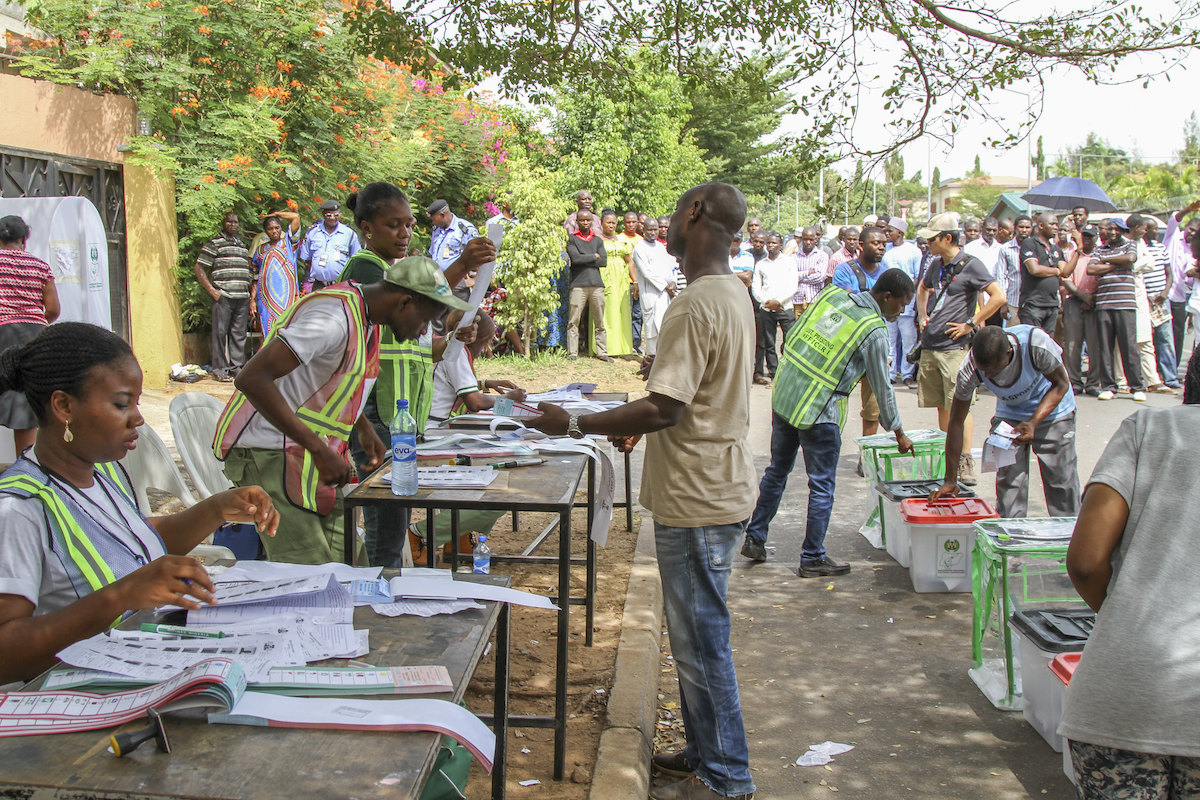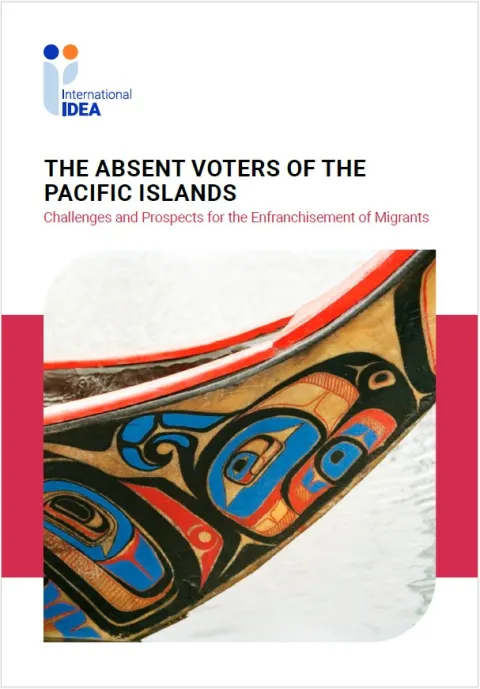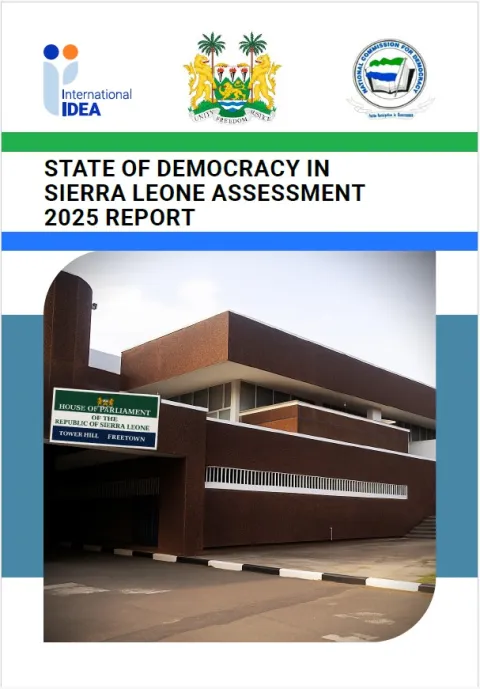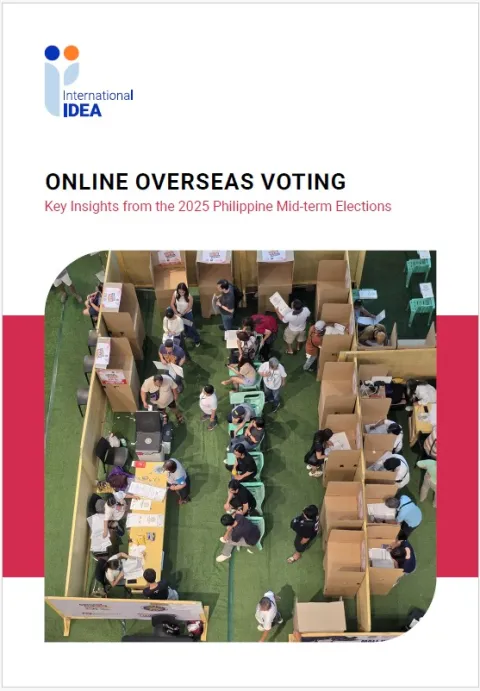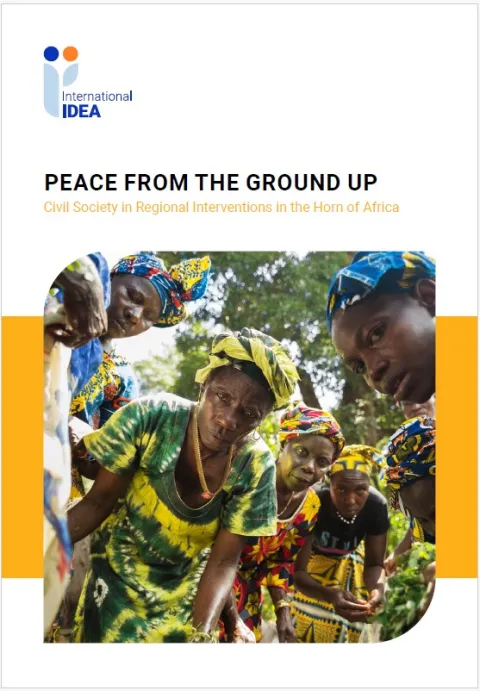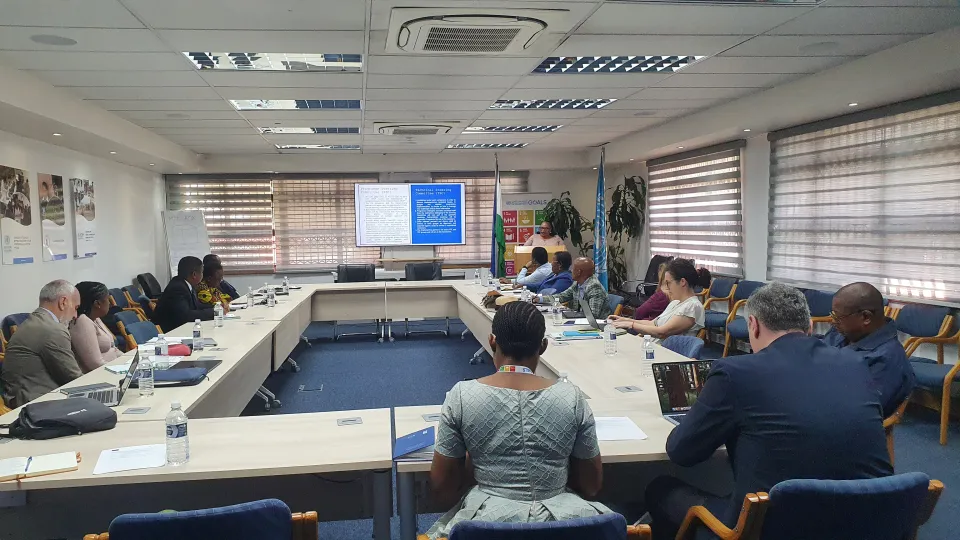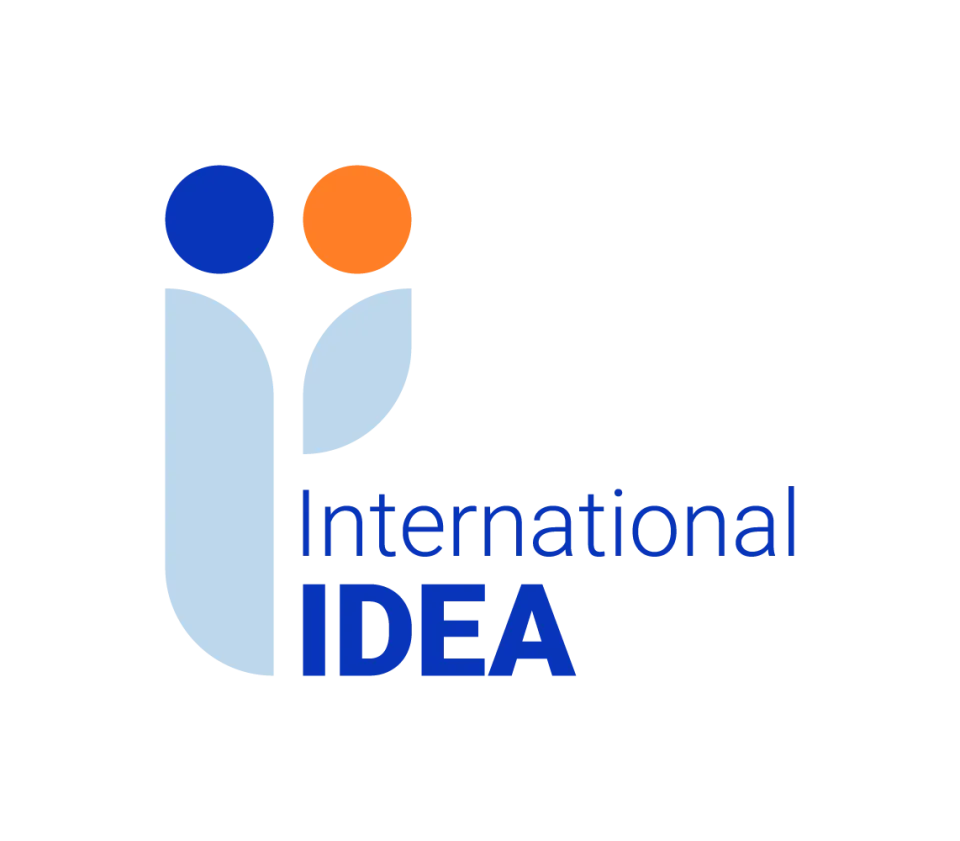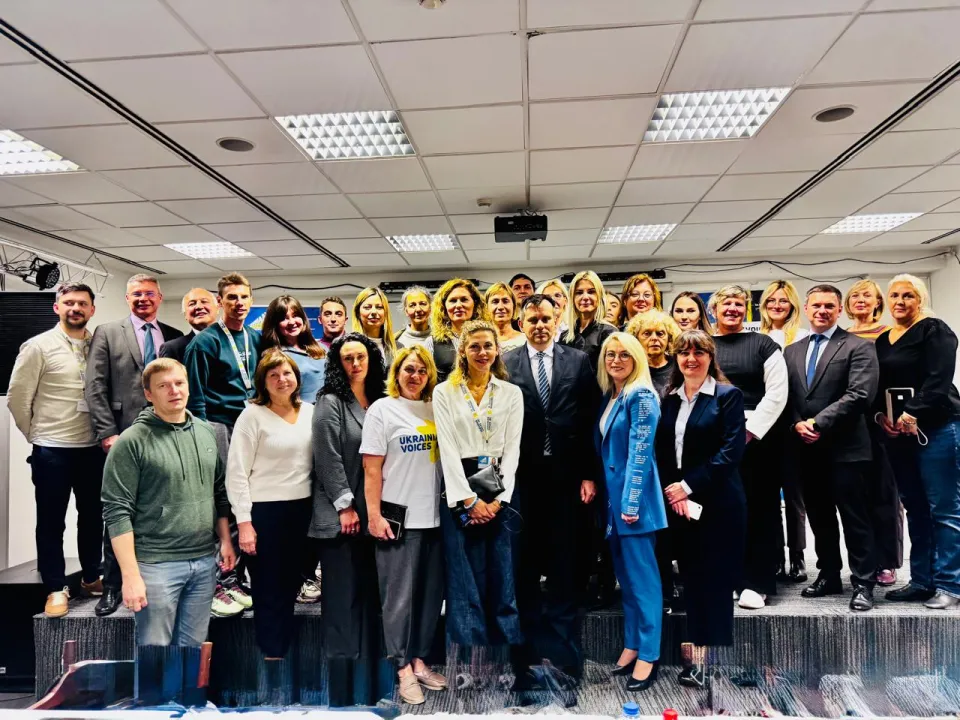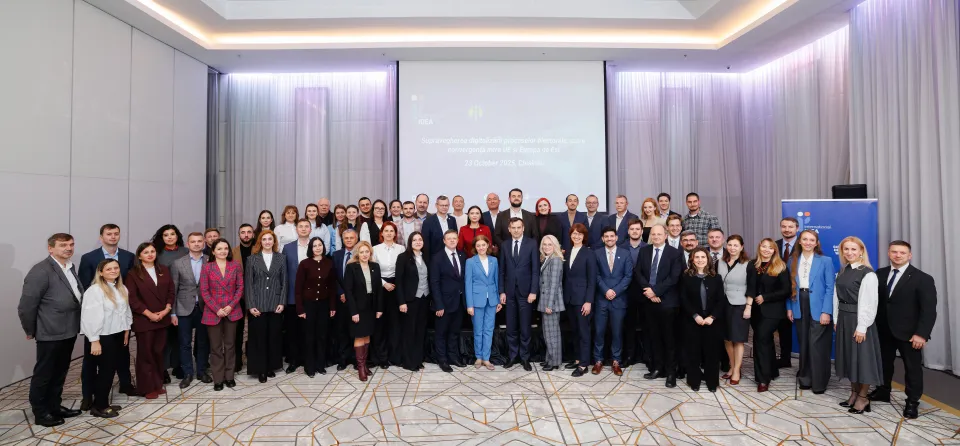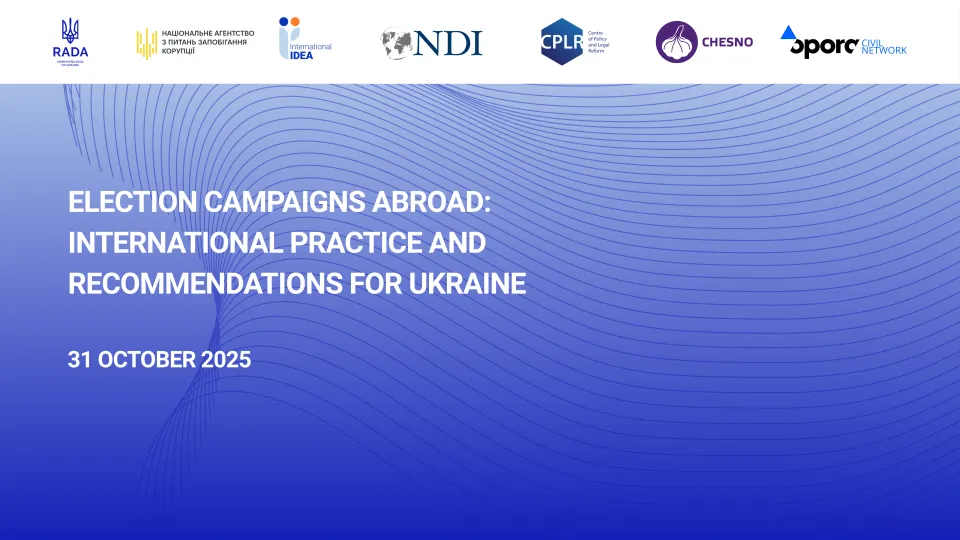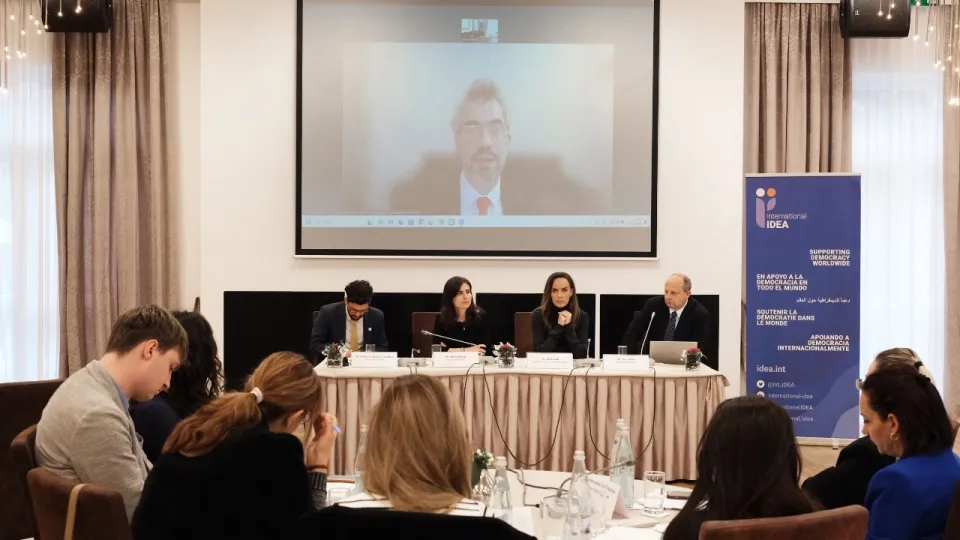Electoral Risk Management Tools in West Africa
In recent years the African continent, and the West African subregion, have made significant progress in the area of democratization.
The most recent example of this progress is Nigeria, the continent’s most populous nation and largest economy, which recently underwent a peaceful democratic transition of power following the March 2015 general elections.
Transitions such as the one witnessed in Nigeria are becoming increasingly common in the subregion, and are an indicator of the progress made with the democratization process in a subregion that before the 1990s had experienced three decades of postcolonial instability characterized by the recurrence of military coups and single party regimes.
Faced with these challenges, various organizations have developed tools that seek to reduce risks and improve the integrity of elections. However, observation of their concrete implementation in West Africa and some recent analyses of electoral processes confirm the need for better coordination and harmonization between these tools in order to improve their impact and the quality of elections in the region.
It is against this backdrop that International IDEA, OSIWA, UNDP/RSCA and SSRC/APN, in collaboration with the Government of Senegal and with the political support of ECOWAS and the African Union Commission (AUC) Department of Political Affairs (DPA), organized this Strategic Meeting on Electoral Risk Management Tools.
Details
Contents
Executive summary
Background
Objectives
Report on the workshop
Policy recommendations
References
Give us feedback
Do you have a question or feedback about this publication? Leave us your feedback, and we’ll get back to you
Send feedbackElectoral Risk Management Tools in West Africa
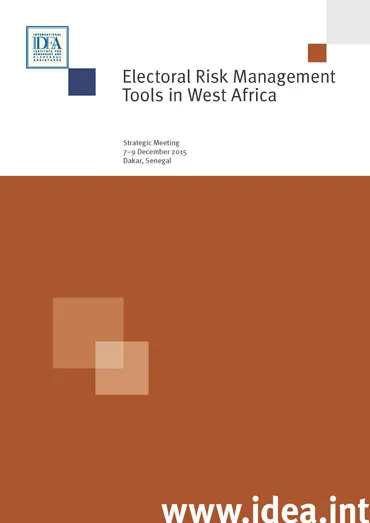
| Total views | 7100 |
|---|---|
| Downloads | 13 |
| Rating |
Give us feedback
Do you have a question or feedback about this publication? Leave us your feedback, and we’ll get back to you
Send feedback